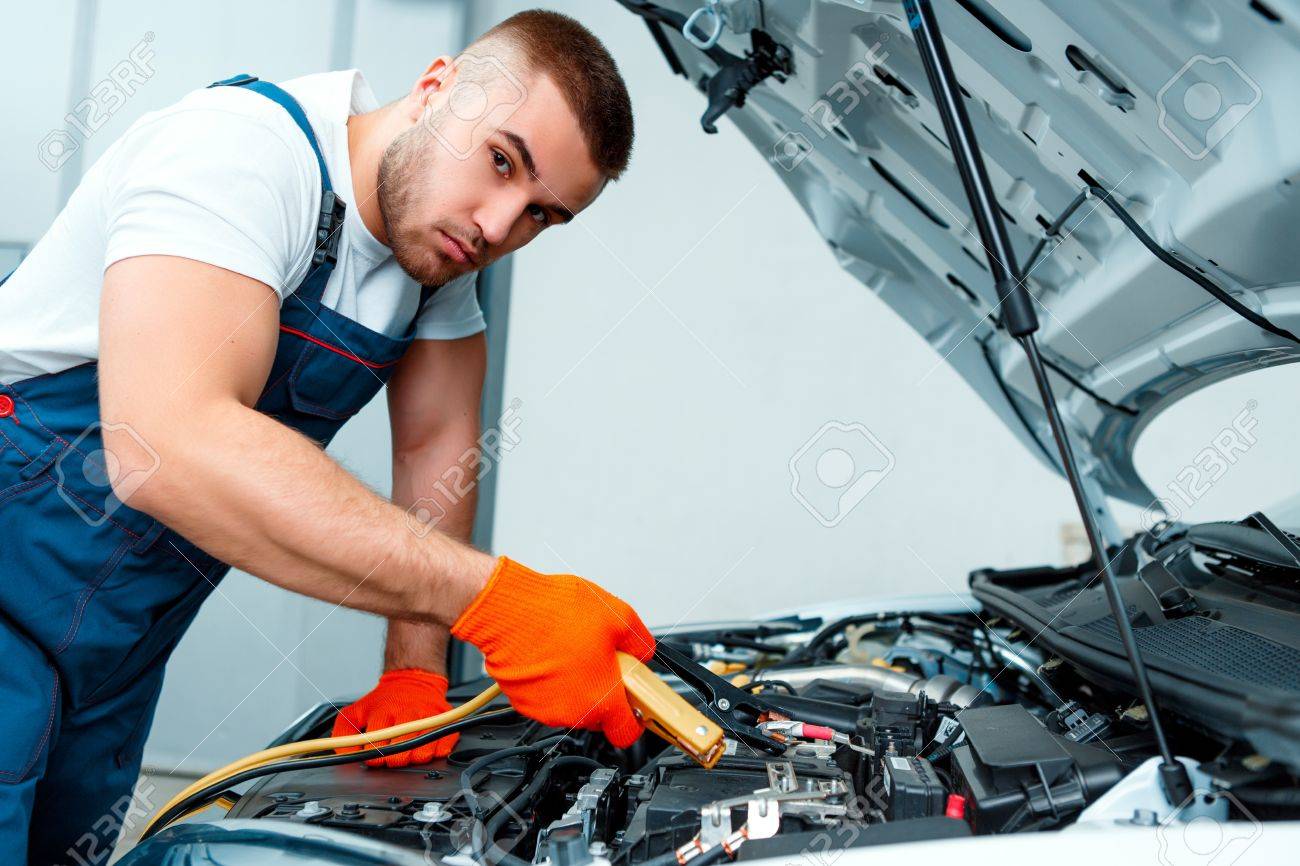How Can You Identify If The Vehicle Service Notice Is Real Or A Scam?
In the world of automobiles, the scam is very common, whether they are associated with buying and selling or with some notices.
The auto service notice is one such scam that may look like a real one, and you may end up paying a lot of money to the scammer.
How to avoid such a menace and what should be the identification criteria to detect them should be known by all drivers.
What does this notice look like, and what does it mean?
A motor vehicle service notification is a letter or postcard that informs you of the status of your vehicle’s warranty and looks to be from the manufacturer or dealership. Frequently printed in vivid hues like pink or yellow, it contains information about your car’s make, model, service history, and warranty expiration date. It appears authentic at first glance because some even use a seal or logo that closely resembles those used by the Department of Motor Vehicles (DMV). Getting your attention is the aim, and it usually succeeds.
However, a letter is not necessarily official just because it appears that way. The majority of these postcards are sent by third-party businesses attempting to sell extended warranties, though genuine dealerships or automakers do occasionally send warranty reminders. Through information sold by dealerships or service facilities, these companies frequently have access to your car and ownership information. Their letters can appear so convincing because of this. It’s important to check whether what you received is authentic or just another scam before replying.
Are these notices a common fraud?
Yes, in certain situations, but not always. The notice is probably authentic if it is sent by the manufacturer of your vehicle or the dealership where you bought it. However, the letter is most likely a scam if it comes from an unidentified third-party business with a generic name like “Auto Protection Plan” or “Vehicle Services Division.” These businesses use the guise of “protecting your vehicle” to sell expensive and frequently pointless warranty coverage.
Your car’s details, mileage, and even your address are already known to these third-party companies because some dealerships share or sell customer information. Because of this, their letters seem authentic. The first warning sign, however, is if you call the number on the postcard and someone other than your manufacturer or dealership answers. While con artists frequently coerce you into making snap decisions or payments, legitimate businesses uphold professionalism and openness. Most likely, if something feels strange, it is.
How can you tell if a notice is a scam?
The first clue is false or erroneous service information. In order to give you the impression that you’ve overlooked something crucial, many of these letters include fictitious service records that demonstrate prior maintenance, repairs, or unpaid invoices. You may be prompted to purchase their coverage out of fear if the figures even imply that you have saved thousands of dollars thanks to a purported “protection plan.” However, you will soon discover that these details don’t match if you look over your actual service history.
Vehicle information that is inaccurate or inconsistent is another serious indicator. You are undoubtedly dealing with a scam if the make, model, or mileage of your car does not match its true details. Examine the timing carefully if you are driving Toyota Land Cruiser 70 series pickup for sale, even if the information is accurate. If your car is still covered by factory warranty or you haven’t driven it much, you shouldn’t be getting these notifications. Finally, check the listed phone number again. The contact information on a legitimate manufacturer’s or dealership’s official website will correspond with that information. If not, call your dealership directly to confirm instead of calling.
Is there any safe way to bypass this auto warranty fraud?
Skepticism is the strongest defense. Be cautious when answering any unexpected calls or letters regarding your car warranty. Scammers use urgency to control you; phrases like “immediate response required” or “final notice” are meant to make you panic and take blind action. The carmaker or dealer will have no trouble confirming the correspondence through official channels if it is authentic. Always call them at the number on their official website or on the paperwork you originally received.
Another important guideline is to never give out your financial or personal information over the phone. Your information is already on file with actual manufacturers. Fraud is evident if someone requests your credit card information, driver’s license, or social security number. These con artists may have a professional appearance, but their primary objective is to obtain your personal information or persuade you to send money. If the call seems pushy, unprofessional, or excessively urgent, follow your gut and end the call right away.
What does this extended auto warranty help with?
You may question whether an extended warranty is even worthwhile after getting these alerts. The response is contingent upon your circumstances. Simply put, an extended warranty is a kind of insurance that pays for expensive repairs once your factory warranty has expired. You might not need one if your car is newer or if you can afford the cost of repairs out of pocket. But a genuine extended warranty from the manufacturer can provide comfort if your car is older or prone to mechanical problems.
Just keep in mind that extended warranties are not all created equal. Third-party warranties can differ in terms of quality and coverage, but manufacturer-backed warranties are typically more dependable and simpler to claim. Do a thorough investigation into the company before purchasing any insurance. Verify their reputation, read reviews, and confirm that the manufacturer of your vehicle has approved them.
It’s a waste of money to purchase a warranty that won’t cover repairs, but that’s precisely what many of these scam notices are attempting to do.


Recent Comments